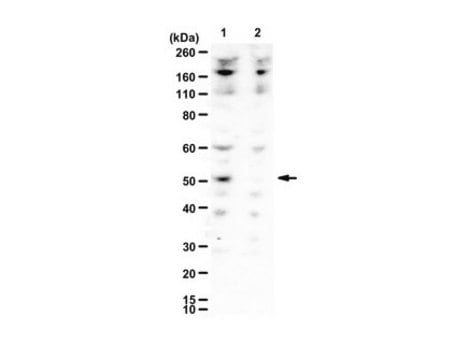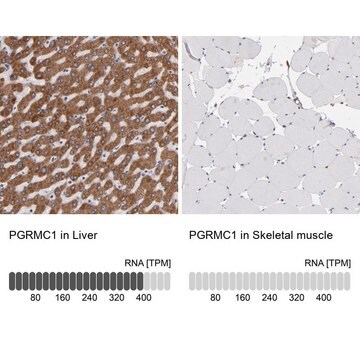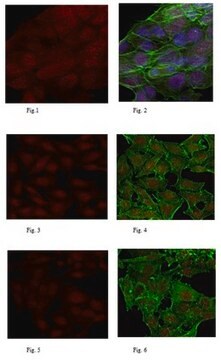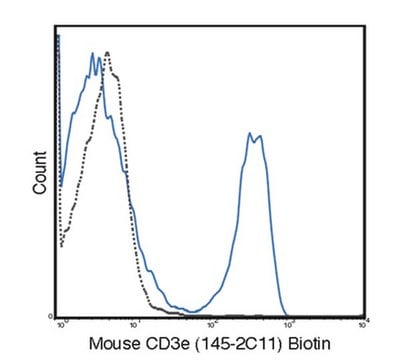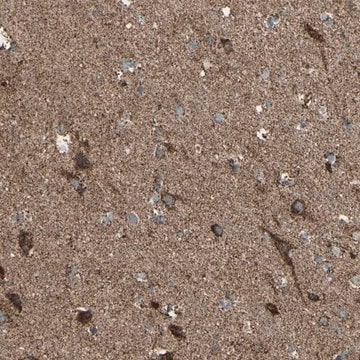MABT1497
Anti-P40 (TP63) Antibody, clone 11H1
clone 11H1, from mouse
Sinónimos:
Tumor protein 63, p63, Chronic ulcerative stomatitis protein, CUSP, Keratinocyte transcription factor KET, Transformation-related protein 63, TP63, Tumor protein p73-like, p73L, P51
About This Item
Productos recomendados
origen biológico
mouse
forma del anticuerpo
purified immunoglobulin
tipo de anticuerpo
primary antibodies
clon
11H1, monoclonal
reactividad de especies
human
envase
antibody small pack of 25 μL
técnicas
western blot: suitable
isotipo
IgG1κ
Nº de acceso NCBI
Nº de acceso UniProt
modificación del objetivo postraduccional
unmodified
Información sobre el gen
human ... TP63(8626)
Categorías relacionadas
Descripción general
Especificidad
Inmunógeno
Aplicación
Epigenetics & Nuclear Function
Calidad
Western Blotting Analysis: A 1:250 dilution of this antibody detected P40 (TP63) in A431 cell lysate.
Descripción de destino
Forma física
Almacenamiento y estabilidad
Otras notas
Cláusula de descargo de responsabilidad
Not finding the right product?
Try our Herramienta de selección de productos.
Certificados de análisis (COA)
Busque Certificados de análisis (COA) introduciendo el número de lote del producto. Los números de lote se encuentran en la etiqueta del producto después de las palabras «Lot» o «Batch»
¿Ya tiene este producto?
Encuentre la documentación para los productos que ha comprado recientemente en la Biblioteca de documentos.
Nuestro equipo de científicos tiene experiencia en todas las áreas de investigación: Ciencias de la vida, Ciencia de los materiales, Síntesis química, Cromatografía, Analítica y muchas otras.
Póngase en contacto con el Servicio técnico

